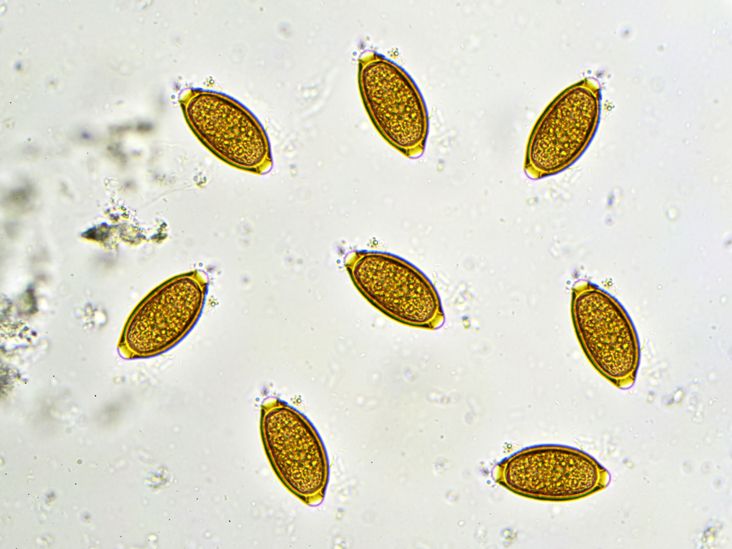Understanding Whipworm Infection

Understanding Whipworm Infection
What Is Whipworm Infection?
Whipworm infection, or trichuriasis, is a parasitic disease affecting the large intestine, caused by the worm Trichuris trichiura. Named for its whip-like shape, this parasite thrives in environments contaminated with feces. The infection can arise from consuming contaminated water or soil. At-risk populations typically include children and individuals in hot, humid regions with inadequate sanitation, with an estimated 600 to 800 million cases globally. Notably, whipworm infections can also manifest in pets like cats and dogs.
Symptoms of Whipworm Infection
The symptoms of whipworm infection can vary significantly, ranging from mild discomfort to severe health issues. Common symptoms include:
- Diarrhea with blood
- Frequent or painful bowel movements
- Abdominal discomfort
- Nausea and vomiting
- Headaches
- Unexplained weight loss
- Fecal incontinence
Causes of Whipworm Infection
Whipworm infections are caused by ingesting T. trichiura eggs, often found in contaminated soil or water. Poor sanitation practices contribute to the spread, with infection possible through:
- Touching contaminated soil and then consuming food without washing hands
- Eating unwashed or undercooked fruits and vegetables
Once ingested, whipworm eggs hatch in the intestines, where adult worms thrive, laying thousands of eggs daily—between 3,000 to 20,000, as reported by health experts.
Risk Factors for Whipworm Infection
While anyone can contract a whipworm infection, certain factors increase susceptibility, including:
- Residing in hot, humid climates
- Poor hygiene and sanitation practices
- Occupational exposure to contaminated soil
- Consuming raw vegetables grown in manure-fertilized soil
Children are particularly vulnerable due to outdoor play habits and inadequate handwashing.
Diagnosis of Whipworm Infection
Diagnosis typically involves a stool test, where a sample of feces is examined for the presence of whipworm eggs or the worms themselves. The process is straightforward and involves:
- Collecting a stool sample in a sterile container
- Using a plastic wrap over the toilet to facilitate collection
- Ensuring proper hygiene after sample collection
The lab analysis will confirm the infection through microscopic examination.
Treatment for Whipworm Infection
The primary treatment for whipworm infection involves antiparasitic medications like albendazole or mebendazole. Treatment duration typically spans one to three days, with minimal side effects. Post-treatment, follow-up stool testing may be conducted to ensure the infection has cleared.
Prognosis for Whipworm Infection
With appropriate treatment, most individuals recover fully from whipworm infection. Untreated infections, however, can lead to severe complications, including:
- Delayed growth or cognitive issues
- Infections in the colon or appendix
- Rectal prolapse
- Anemia, due to reduced healthy red blood cells
Preventing Whipworm Infection
To help prevent whipworm infections, consider these effective strategies:
- Practice thorough handwashing, especially before meals
- Ensure foods are washed, peeled, or cooked well
- Educate children about the importance of hygiene
- Boil or purify drinking water that may be contaminated
- Avoid soil that may contain human or animal feces
- Manage livestock sanitation and control access to pastures
- Trim grass in outdoor areas frequented by pets
Establishing proper sewage disposal systems in vulnerable regions is essential for controlling whipworm transmission.
